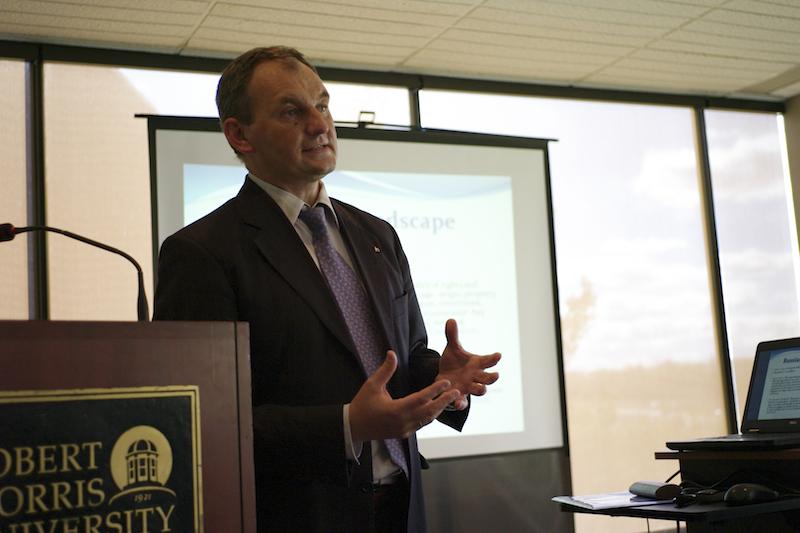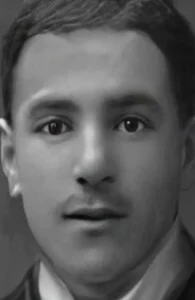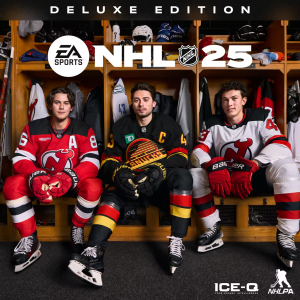Media, religion focal point of Khroul’s lecture
October 23, 2014
Throughout its history, Russia has been a deeply religious society composed primarily of individuals of the Eastern Orthodox faith. However when the Communist Party of the Soviet Union seized power in 1917, the distinct freedoms of religion granted to citizens were ultimately obstructed.
Despite the fact that the Hammer and Sickle sect hasn’t been in power since 1991, as a result of the stern laws that plagued the country for a 74 year period, Russia’s prominent media outlets have migrated away from providing coverage to spiritual related news.
Because of this, Rooney International Visiting Scholar Victor Khroul presented about this epidemic to Robert Morris University students and faculty Thursday afternoon in the Charles L. Sewall Center International Suite.
“(College students) have to be aware that it’s very important how religion is represented in the public sphere. It’s very important that the set of religious values have been articulated properly in public sphere and that’s the job of the media, it’s their task,” said Khroul, a Senior Researcher at Moscow State University. “Any time that you are invited to express your faith, don’t be afraid to do this. This is what I would advise.”
At Moscow’s public university, Khroul was tasked with studying why ethnology was hardly ever mentioned in the nation’s national and local media. In doing so he analyzed 233 texts in regard to seven distinct factors, including time and region of publication, genre and reliability.
According to the former editor-in-chief of Russian National Catholic Weekly, President Vladimir Putin has been mentioned more often in Russian blogs than the church.
What Khroul discovered was that since there is a vast absence of value consensus in society and because there is a lack of moral monitoring in both the media and public sphere, news outlets have not bothered to publicize religious reports.
Or more simply put, the Russian media caters to what its subscribers desire, which is not news concerning sacred ideology.
“We don’t see our own system unless we see it in contrast to another. Here we have a story of a country completely orthodox and the Soviets just ripped religion from the womb of Russia. If you want to understand where people are today, you need to know their history,” said Jim Vincent, an Associate Professor of English and Coordinator of the Rooney International Scholar’s Program.
“I think that was an important contrast and I think as an American, whenever we learn about other countries, always in the back of our mind is our own. The more examples we have, the better we can understand and I would say that the obligation of a university is to give young people ideas because the richer your store of ideas and metaphors, the more able you are to solve problems.”












